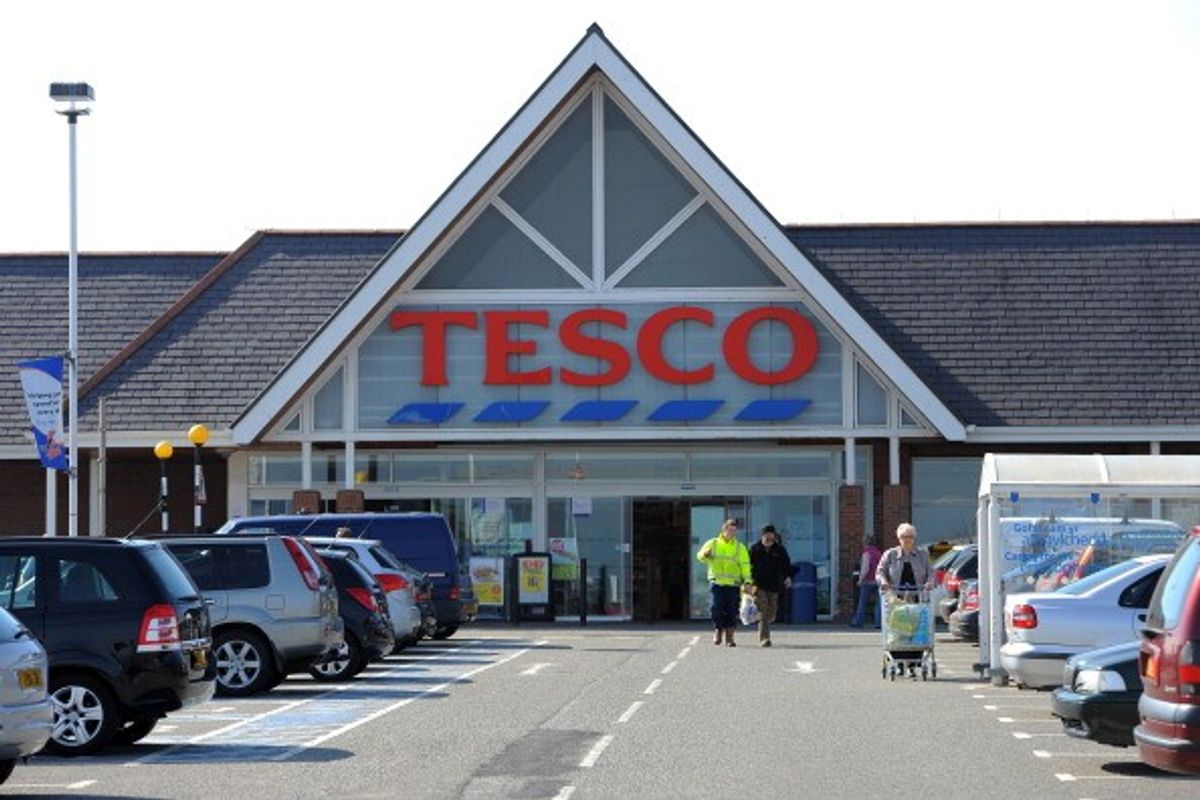Tesco CEO Ken Murphy earned almost £4.5 million last year despite profits halving and price rises for shoppers.
According to the supermarket’s annual report published on Friday (12), Murphy received £1.71m in fixed pay and £2.73m in performance-based remuneration. His basic salary rose 1.7 per cent to £1.4m.
The chief executive’s basic salary has risen another three per cent this year. That means his total pay package in the year ahead, including his annual bonus, could reach up to £5m, with a further £3.9m in long-term bonuses lined up depending on his performance over the next three years, The Guardian reported.
City sources say Murphy, born in Cork, is registered for tax in Ireland and pays a lower rate of tax there than he would here.
Tesco, as the UK’s biggest grocer, made sales of £57.7 billion last year, on which it made a profit of £2.6 billion.
In the annual report today Tesco said, “our fantastic team of colleagues is at the heart of Tesco”. It recently announced an increase in hourly pay to £11.02 for its 254,000 UK staff.
Murphy’s pay is comparable to his predecessor Dave Lewis, though Lewis did get £6.3 million in 2019. It is still around 200 times higher than the average Tesco salary, which is typically around £20,000. Tesco points out that it has a high number of part-time staff.
Murphy’s pay is found to be 200 times higher than the average Tesco salary of around £20,000.
Inflation in the UK is running at just over 10 per cent – but average food prices are up nearly 20 per cent on a year ago.
“It should be prioritising keeping food prices low and wages high for its shop floor workers.”
This comes as supermarkets and FMCG giants are accused of indulging in greedflation. MPs on the Treasury’s environment, food and rural affairs committee have said they are opening an investigation into “fairness in the food supply chain”.


